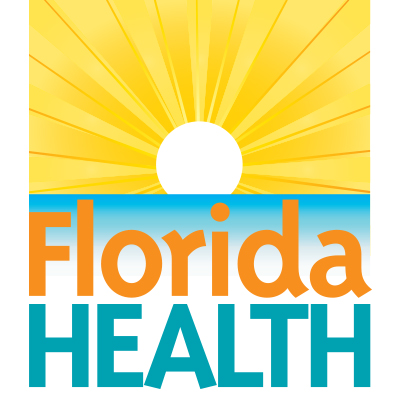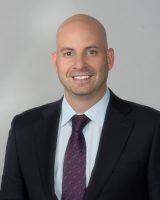The demand for medical cannabis in Florida might be growing steadily, with patient numbers soaring, but that doesn’t mean the market will grow accordingly. Due to hampering regulations and a lack of state guidance, the industry in Florida is tiny and patients have limited options for medical cannabis products.
A little more than three years ago, Governor Rick Scott signed a bill into law, legalizing medical cannabis, but only for terminally ill patients and only for one strain, Charlotte’s Web. That stipulated a low-THC, concentrated oil form of cannabis. That bill also set up the licensing framework for what is now an extremely limited market.

In November of 2015, the Office of Compassionate Use, now called the Office of Medical Marijuana, issued licenses for five dispensaries. To get a license, applicants needed to meet a variety of absurd requirements. That included being a nursery in business for thirty years, growing a minimum of 400,000 plants at the time of applying, paying $300,000 in fees and a $5 million performance bond.
Fast forward to Election Day last year when voters passed Amendment 2 by a wide margin, amending the state’s constitution and legalizing medical cannabis for a broader scope of qualifying conditions. What hasn’t changed, however, is the old vertical licensing framework. Critics have dubbed this a “pay-to-play” market, with massive barriers to entry prohibiting small businesses from gaining market access.

David Kotler, Esq., attorney and partner at CohenKotler P.A., says we shouldn’t expect to see a viable market for years as a result of all this red tape. “Honestly the State of Florida, with their limited licenses and odd requirements to qualify for licensure have stunted what could be a good market both for businesses and patients,” says Kotler. “It has been an inefficient roll-out and is truly an embarrassment for the state, legislature and the Department of Health.” Kotler says he’s heard reports of extremely limited product selection, poor quality, as well as no dried flower being offered.
But the patients are pouring in by the thousands- on July 27th, the Office of Medical Marijuana reported 26,968 registered medical patients, with more than 10,000 patients signing up since June 7th. “Despite my belief that it would be a slow roll out, it appears the patient count is picking up,” says Kotler. “The elimination of the 90-day doctor-patient relationship will certainly help this.” He is referring to the reversal of a waiting period policy, where patients had to wait 90 days before receiving a medical cannabis certification. “But there still seems to be a backup with issuance of cards and poor guidance from the Department of Health leaving many doctors unsure of what they should be doing,” says Kotler. The rules and guidelines for physicians participating in the program are still not established, but the Florida Board of Medicine expects to vote on them this week, reports say.

With seven licensees right now and a total of ten licensees by October allowed to grow and distribute cannabis products, the question remains if that is enough to satisfy the growing number of patients. According to Matt Karnes, founder and managing partner of GreenWave Advisors, the state is adjusting by adding more licensees and allowing them to operate more dispensaries, potentially trying to sate that demand. “Both of these amendments will likely serve as a catalyst for revenue growth but could be tempered by a lack of physician participation (as we have seen in other states) in the medical marijuana program,” says Karnes. “For every incremental 100,000 patients who register in the Medical Marijuana program, four more licenses will be issued and existing licensees will be allowed to open another four dispensaries (current cap is 25). We do not expect an incremental 100,000 patients until sometime in 2021.” His firm’s market projections account for those increases and edibles now being sold, but still no dry flower allowed. They project total sales figures in the state to reach $712 million by 2021.
Those figures are contingent on the increase in registered patients and more licensees. If Florida’s vertical licensing model remains, it’s quite possible the state will see a cannabis shortage, much like Nevada during their opening month of adult use sales. “Instead of learning from so many states before it, Florida forged a path down the rabbit hole that may limit Florida’s potential until either a legislative change or a backlash at the polls in the form of an amendment bringing forth adult use,” says Kotler. In New York, that vertical licensing model arguably created a monopoly, with only a select few businesses controlling the entire market. That doesn’t foster market growth; it hurts quality, keeps prices high and prevents real competition. “We see how that worked out for New York,” says Kotler. “We cling to that despite what could be a large patient base with the potential to service tourists who wish to have reciprocity.”
Florida’s market could be a powerhouse for the state, with the potential to generate millions in tax revenue, create thousands of jobs and actually help patients get the medicine they need. But until the state ditches their conservative, closed-door approach, we won’t see the industry truly flourish. .







